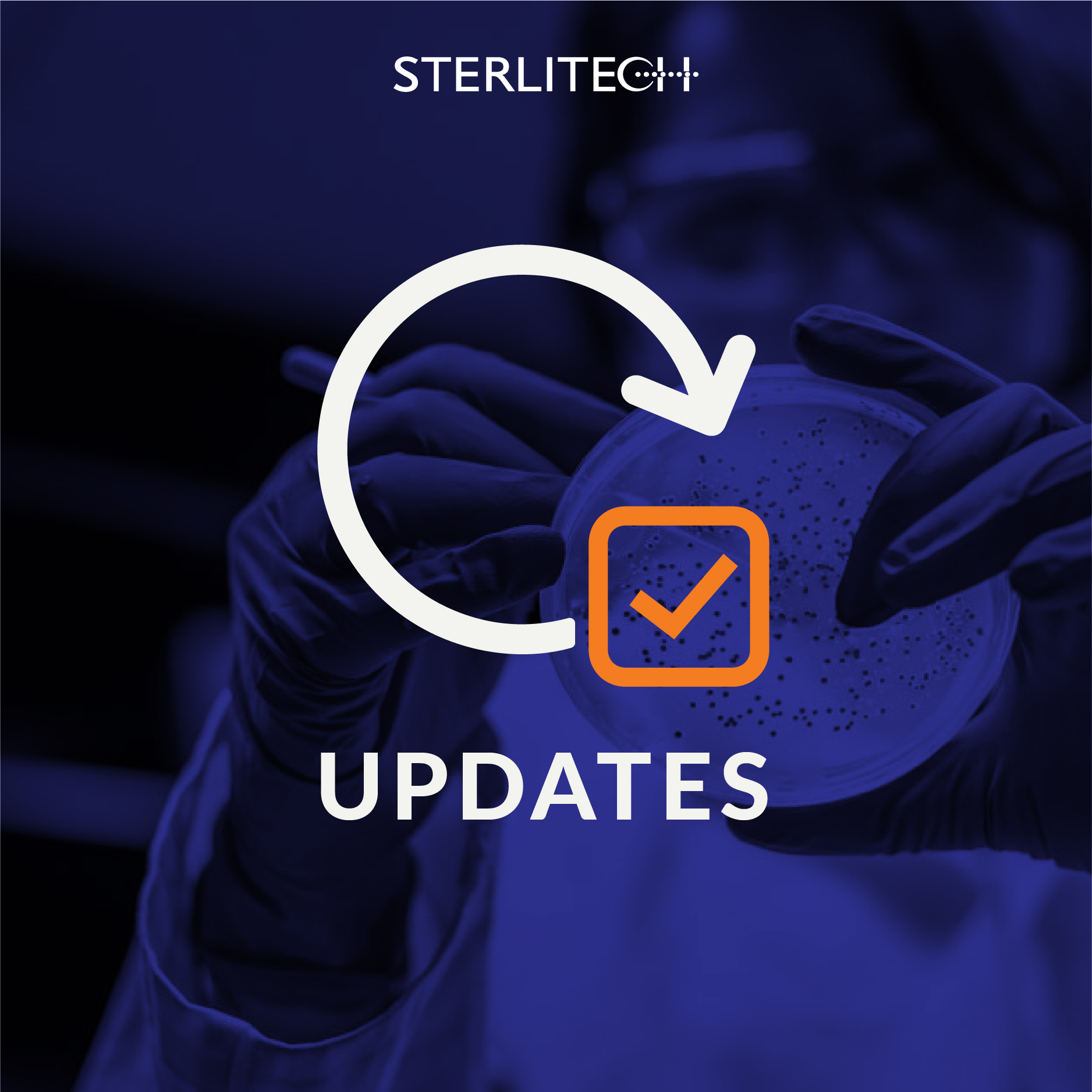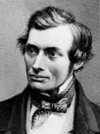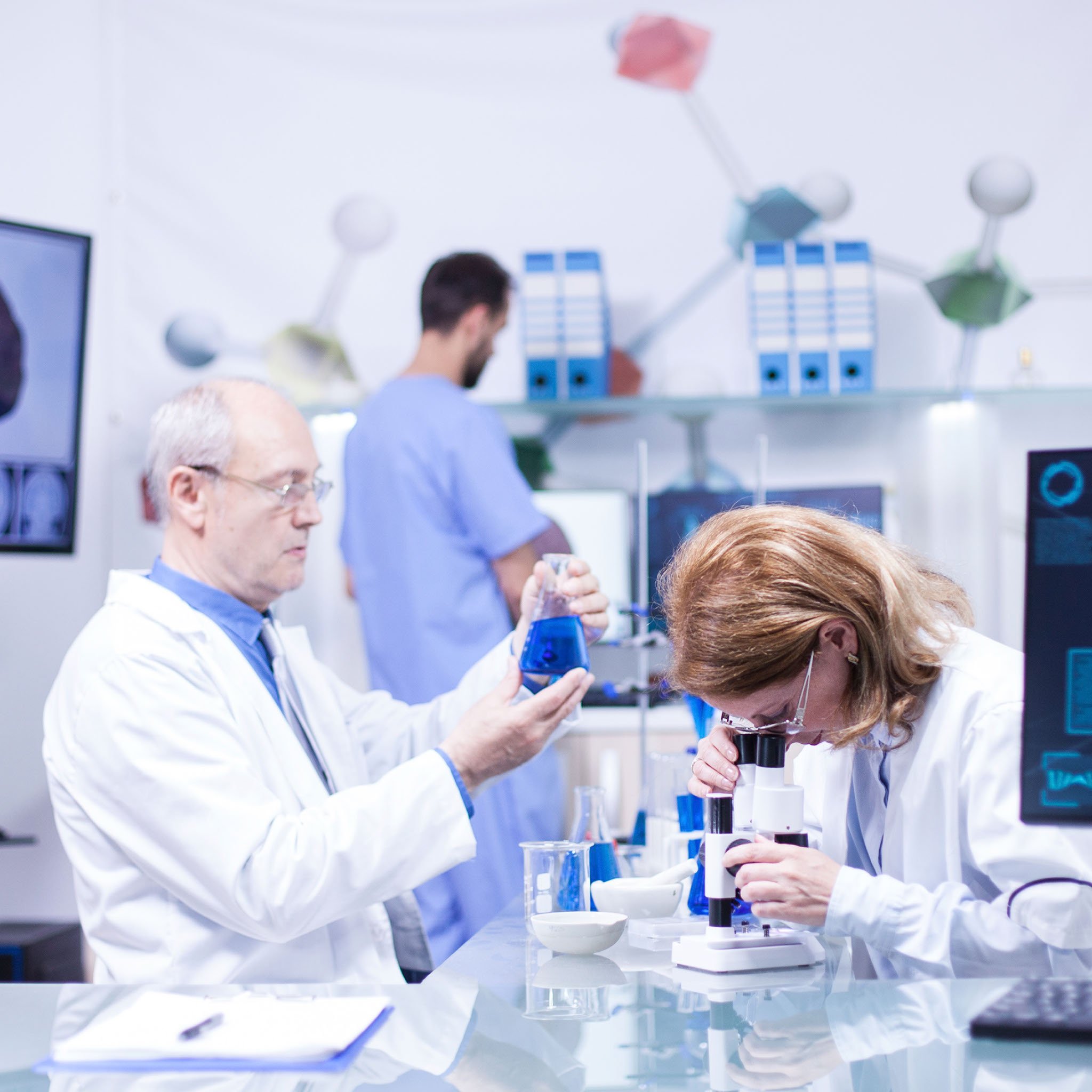This week the New York Times gave a very nice shout out to one of our customers, Ion Torrent, and their CEO, Dr. Jonathan Rothberg. Ion Torrent is increasing the prevalence of genetic sequencing by developing smaller and more affordable machines. The article compares what they are doing with genetic equipment to what Steve Jobs did with the personal computer – so clearly Ion Torrent has some big, ambitious plans. They’ve been using our bench scale products for a little while now, and it’s nice to know they are going to good use. My favorite part, “If somebody is to get the Nobel Prize for next-generation sequencing, it should be Jonathan.” Just make sure to wave to us from Stockholm! Read the complete article here. They’ve been using our bench scale products for a little while now, and it’s nice to know they are going to good use. My favorite part, “If somebody is to get the Nobel Prize for next-generation
Monthly Archives: January 2011
- Monday, January 10, 2011
- Thursday, January 06, 2011
Have you ever wondered where you would be without Thomas Graham? If you are a chemist or membrane scientist, you probably should. Scientists of many disciplines are indebted to Thomas Graham for his groundbreaking studies on gas flow through microporous membranes. His work, which included creating Graham’s Laws of Diffusion to describe the relative permeation rate of two gases, was instrumental in the creation of colloidal chemistry and the advancement of membrane science. In terms of real world applications, Graham’s efforts are a precursor to inventions ranging from the artificial kidney to the atomic bomb. His feats are even more impressive when you consider that in order to perform his experiments he had to first generate the necessary gases himself, and also that his selection of membrane materials was limited to whatever objects he could find, such as rubber balloons, animal bladders, and thin metal sheets. Thomas Graham was born in Edinburgh, Scotland in 1805 and enrolled




![Join Sterlitech at BIO 2024 [Booth #5558]: Exploring the Future of Biotechnology](https://www.sterlitech.com/media/magefan_blog/b4.jpeg)

